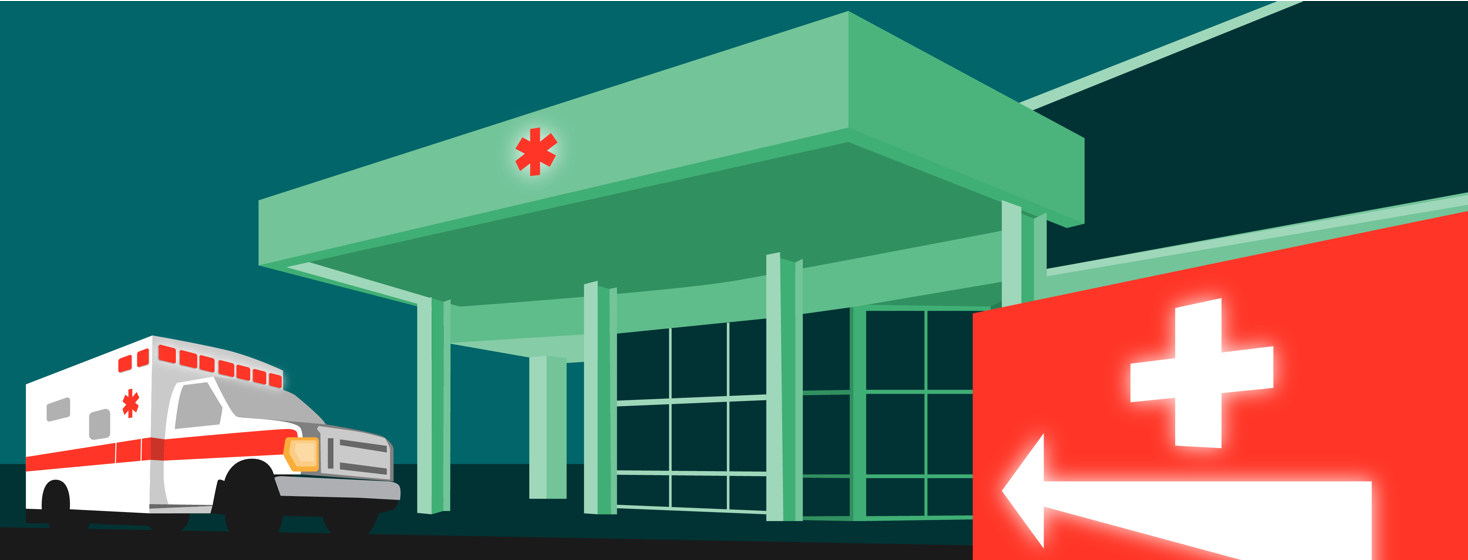Tips For Hospital Stays Because of Lupus
Unfortunately, hospital stays can be a normal part of living with lupus. Random pains and issues have to be taken seriously and it could take a trip to the emergency room more often than not to get to the bottom of it. After more than a dozen days in the hospital last year, I’m sharing what helped me. If you haven’t had a chance, check out Part 1 of this blog.
Try to stick to a routine as much as possible
We all have the daily routines that bring us joy or get us set for the day and we’ll need those routines to get us through. I love listening to music, especially while I’m getting ready for the day. If you can shower, put on your favorite playlist to lift your spirits. Like zoning out watching your favorite shows, do that. I love everything HGTV and you better believe I had it on during my stays. I also had my coloring app and other things to keep my mind occupied.
Remember to rest
Between the random blood draws and tests, usually at ungodly hours, your sleep schedule is thrown off and rest is hard to come by. This has always been confusing to me earlier in my lupus diagnosis because I thought the whole point was to get rest and get well. I couldn’t have been more wrong. While your healthcare professionals want you to rest, their biggest goal is to find out what the issue and treat you to get you to a place to get you out. So, if they have to wake you up to run tests, they will. Try not to stay up too late and get a nap in when you can. This brings me to the next point.
Remember you are at a hospital, not your home
While nurses do their best to keep the peace, they have no control over other patients and the environment. You can expect to hear continued beeps from a machine, patients who scream (I always managed to be near the ones who would scream day and night), and sometimes loud disagreements. Do your best to give grace to your nurses and others around you. Nurses can experience burnout just as easily as patients. We truly don’t know what people are going through when they come to the hospital.
Praise and constructive criticism make an impact
In part 1, I talked about knowing your charge nurse, the head nurse for their specific shift. If your nurse is doing well, make sure you let the nurse know. We’re in the middle of a pandemic, and most nurses are doing their best while working on fumes On the flip side, if your quality of care hasn’t been the best – especially when it comes to medication not being right or not being administered on time – make sure you let your charge nurse know. Both praise and constructive feedback, are necessary to ensure that you get good care, but future patients care by that nurse is too.
Know how to make a formal complaint or formal praise
My latest hospital stay in January was horrific and negligence was evident. Although we shouldn’t have to, patients have to go the extra mile in demanding better care so it is important to know the proper channels to make a formal complaint. There are 2 main ways to do this:
Fill out the patient survey after your stay
These surveys are sent to you through email and by mail to get a sense of how your hospital visit was. Take the time to fill them out. I heard through the grapevine that they are read and taken seriously.
Every hospital system has a particular department dedicated to fielding formal complaints. Find out that contact and call them to find out what the formal process is to file a complaint. After you send your letter outlining what happened during your hospital stay, make sure you follow up to find out the next steps.
I hope you don’t have to use any of this information, but if you do I hope it is helpful.

Join the conversation